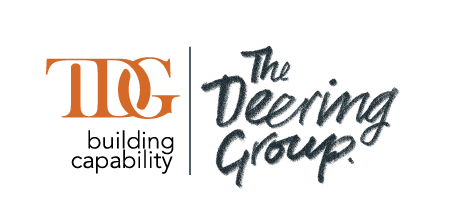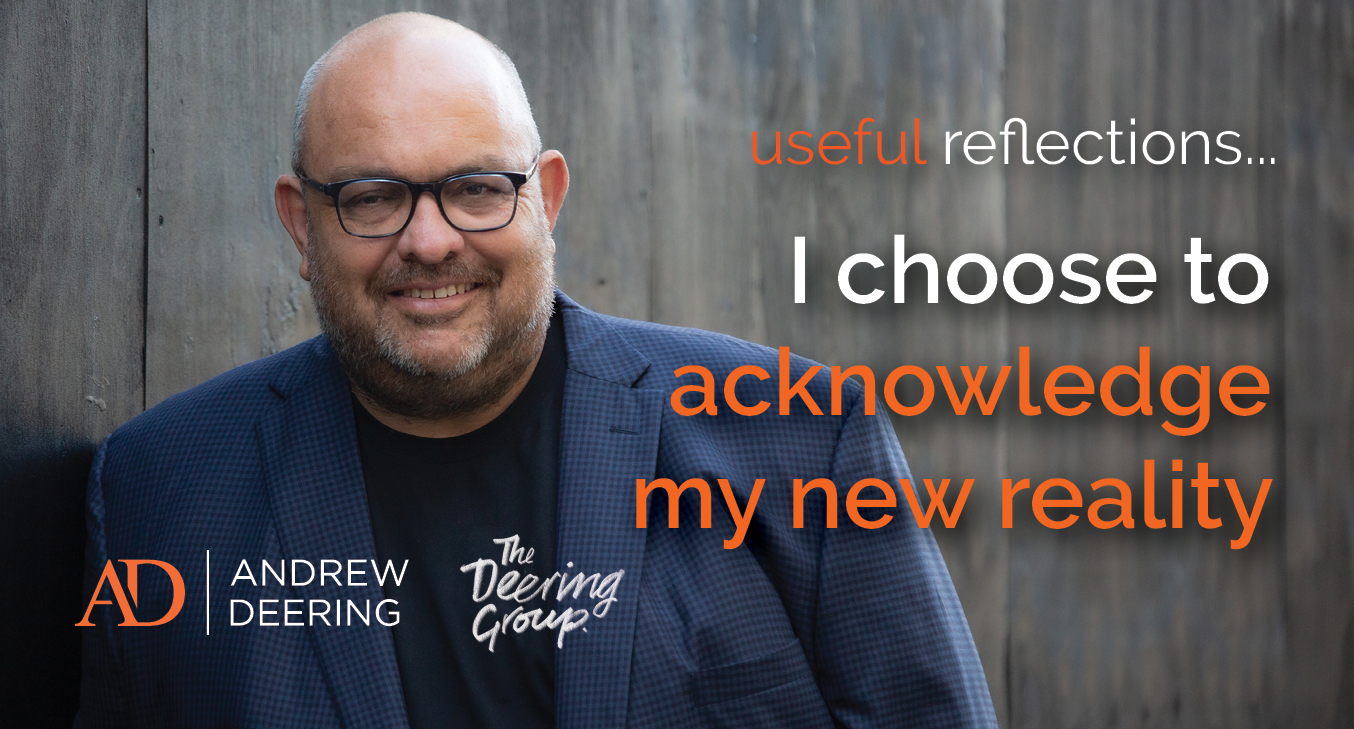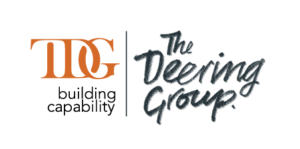Forget yesterday – our reality is today
In many ways, the past six months have seemed like one long, dark night. The darkness of COVID-19, with its lockdowns and disruptions, has extended to many aspects of our lives. In fact, all six elements of life – health and fitness, family and friends, lifelong learning, spiritual and mental wellbeing, adventure and growth – have been impacted in some way.
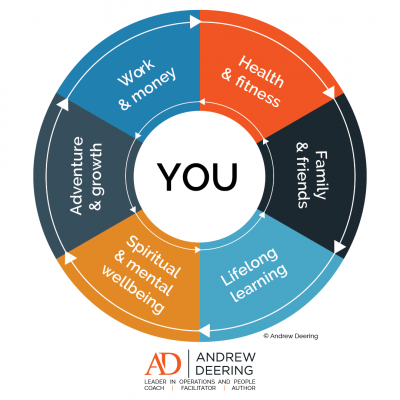
This time of challenge almost feels like that long, dark winter in Finland; a winter that light never touches. In our wintry night, some people have found innovative ways to manage and light up their world differently. They have adapted, adjusted and overcome. Others have simply learned to cope. And then there are those who yearn for what was, clinging to yesterday, plunging themselves into ever more darkness.
Entering a new reality
It’s true that our current complexity brings with it great uncertainty. We face countless difficulties and challenges. But now is also a time of enormous learning opportunity. It bears many gifts, if only we choose to focus on them.
Change is hard. We often don’t choose change; instead, it is thrust upon us. I suspect that many of the recent changes we have faced amid the global pandemic are not temporary. Rather, they herald our new reality and will be a part of the way we work and live well into the future.
Yet, I fear some people will try to race back to what was. Instead of adapting or coping, some will try their utmost to return to their previous ways of doing things, attempting to hang on to what has passed and is no more. This is understandable, but is it wise? Our world, our people, our work and our lives have changed inextricably and will continue to change moving forward. Always has, always will.
We have a choice. Do we fall in step with this change? Do we ignore it? Or do we try to find our own unique cadence inside this new system?
Resilience and elasticity
Humans are the most amazingly resilient creatures. We can bounce back, re-shape and re-form.
Those who know me will have read or heard my thoughts on resilience. To me, resilience is an incredibly important quality that we should all develop to better serve our businesses, families and communities. I also believe resilience is upheld by the three foundational pillars of emotional intelligence (EQ), intelligence of the intellect (IQ), and the ability to learn (LQ).
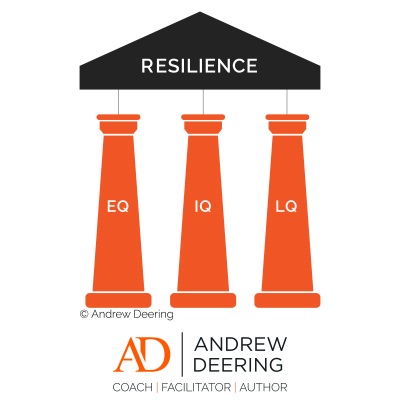
To me, resilience is a form of elasticity. Elasticity is a word I frequently use when talking with clients. It’s the ability to return to shape – although we never quite return to the exact shape form as before.
Think of elasticity like a stress ball. When we squeeze it, its shape gets squashed and contorted. When we release it, the ball expands again, but the shape is not quite the same. Its surface may not be as smooth, or it is no longer a perfect sphere. These changes may be barely perceptible, but they’re there.
We humans face a similar reality. When we compress under stress and are finally released, we are elastic enough to re-shape, but we take on slightly different contours. We bear faint new creases. We’ve changed irrevocably, in ways large or small. The difference between us and the ball is that we are cognisant of this reality. Although our shape may appear identical to the outside world, we know we have a new form that is at best similar to the one before, but not the same.
How do we deal with change?
When we change, so, too, does our perception of the world. What was can never be again, and along the way, we learn new skills and knowledge to help us adapt. In this way, change inside and outside of ourselves is never ending. All humans have this resilient elasticity, albeit in varying degrees.
But elasticity has a shadow. This shadow is our unhelpful desire to return to what was without acknowledging that it no longer exists. We pine to re-form our original shape when it cannot be done. Through the passage of time, new learnings and the experiences we received, the lens through which we view the world is not the same.
Sometimes, our elasticity leads us to believe we can go back. When our complexities settle, we make the mistake of thinking we can finally return to “normal” (i.e. the old normal).
Psychologists call this “cognitive entrenchment”. In layman’s terms, it means we’ve dug ourselves a hole that we’re not willing to get out of. This rut is so hardened within ourselves that we either consciously or unconsciously believe we can’t escape it.
Of course, we can escape it – but it takes work. We will need to expend a lot of energy and get uncomfortable as we climb out. But the trade off is that we will discover a new and improved path, one full of enormous opportunity.
So, how do we take our first step out of cognitive entrenchment?
The key is acknowledgement. Acknowledge the reality you are now in and know that the old ways can never be returned to. Accept that change is needed (or has already happened), and consider how best you can work with what you have to move forward and create a better tomorrow.
During this process, you may experience an element of grief. This is perfectly understandable. But know that your period of grieving will end, and you will be OK. More than OK, you will have the power to take control of your reality and shape yourself into a form of your choosing.
Remember, you are more able because of the challenges you have faced. You can choose to struggle and fight with your new reality, ensuring that long, dark night continues. Or you can choose to accept your reality, work with it, re-form and greet the dawn.
Maybe it’s time to give your reality a great, big hug, and accept that learning and progress can now occur.
What do you choose to do? I’d love to hear your thoughts.
